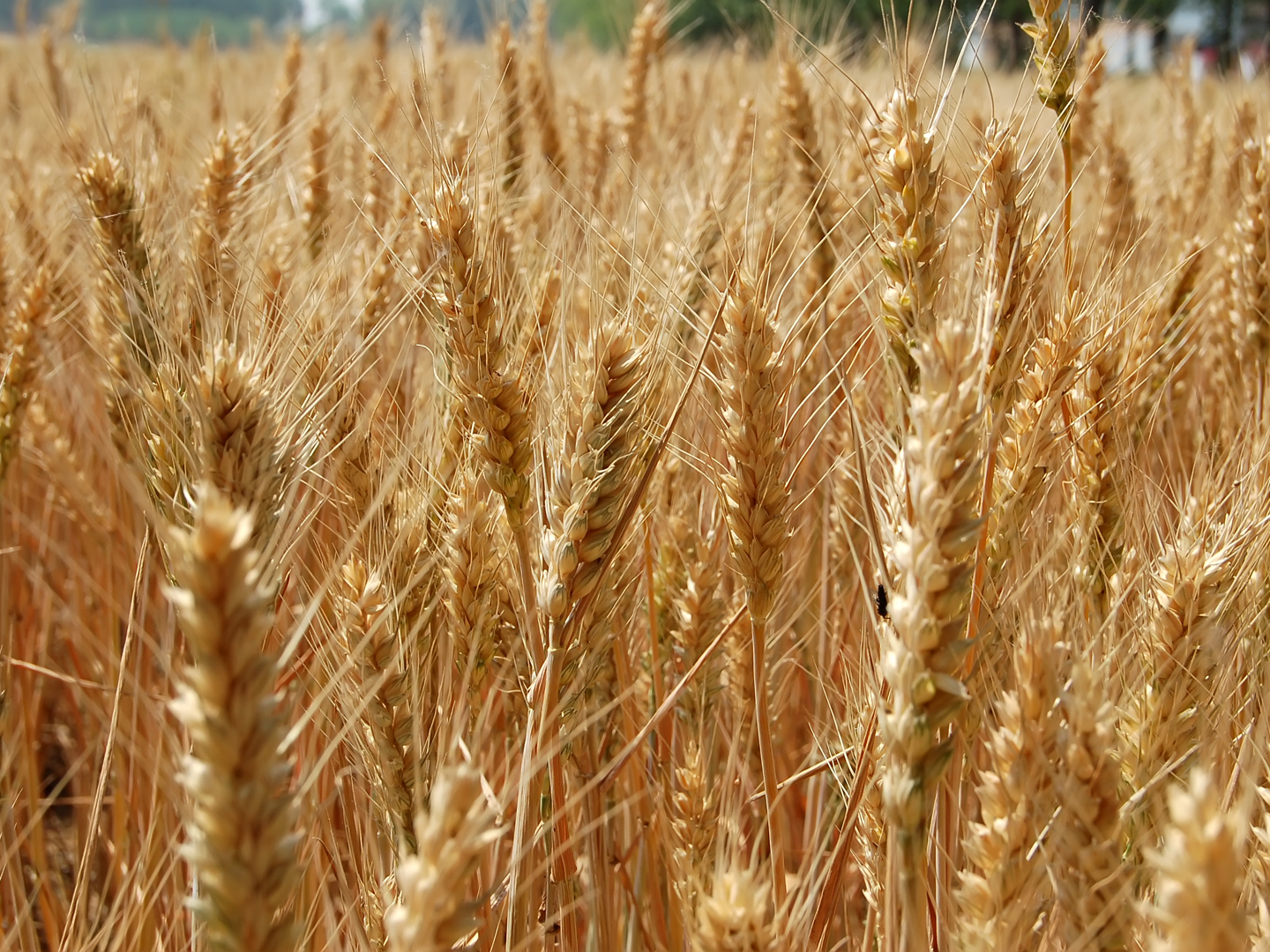Celiac Disease

What is celiac disease?
Also known as celiac sprue or gluten-sensitive enteropathy, celiac disease is an inherited, autoimmune disorder that damages the small intestine when the diet contains gluten. Gluten is the protein in wheat that makes dough elastic. It is also found in rye and barley. Oats may trigger celiac disease in some people.
What some celiac disease symptoms?
Celiac disease manifests differently from person to person. It can cause a long list of symptoms both in and out of the gastrointestinal tract. Celiac disease symptoms include recurring abdominal bloating and pain, chronic diarrhea, foul-smelling, fatty or discolored stool, weight loss, anemia, bone pain, fatigue, and in children and infants, delayed growth and failure to thrive.
Autoimmune damage causes the loss of tiny protrusions in the small intestines called villi, which are essential to the proper absorption of nutrients from food. This can lead to malnutrition, no matter how well you’re eating.
Damage to the intestinal lining can also make the gut less able to protect the internal environment, and disrupt its ability to filter nutrients and other biological substances that pass through it. This can potentially allow certain bacteria and their toxins, as well as incompletely digested proteins and fats, and waste not normally absorbed to “leak” from the intestines into the blood stream. This process can trigger additional immune responses, thus worsening symptoms and contributing to the cycle of intestinal discomfort.
Although leaky gut syndrome or intestinal permeability is not generally recognized by conventional physicians, evidence is accumulating that it is a measurable condition affecting the lining of the gut.
What are the causes of celiac disease?
Celiac disease tends to run in families and, like other autoimmune conditions, can be triggered by a physical stress such as surgery, pregnancy, childbirth and viral infection. Sometimes, severe emotional stress can also set it in motion.
Until recently, celiac disease was thought to be uncommon in the United States, but recent data suggest about 2 million Americans have it – about 1 in 133 people. Among those with a first-degree relative diagnosed with celiac sprue, the prevalence can be as high as 1 in 22. Celiac disease can be under-diagnosed for a variety of reasons, from its confusion with other intestinal disorders to doctors’ having limited knowledge of the disease and limited access to laboratories experienced in testing for it.
More education and research is needed to fully characterize, understand and properly treat this disease.
What is the conventional celiac disease treatment?
The only celiac disease treatment is a gluten-free diet – for life. Eating even a small amount of this protein can result in damage to the intestine. You can’t eat regular pizza, or sourdough bread, on a gluten-free diet. You must try to avoid all foods containing wheat, oats, barley and rye.
Read labels carefully because gluten can turn up where you don’t expect it: in cold cuts, soups, candies, and even soy sauce. Be aware of ingredients such as starch, modified food starch, hydrolyzed vegetable protein (HVP), hydrolyzed plant protein (HPP), texturized vegetable protein (TVP), binders, fillers, excipients, extenders, malt, and natural flavorings, all of which may indicate the presence of gluten.
Following a gluten-free diet will usually greatly improve and may even completely resolve celiac disease symptoms, heal existing intestinal damage, and prevent further problems. Improvements can begin within days of starting the diet. Healing completely involves a restoration of the intestinal villi that can absorb nutrients from food into the bloodstream as well as keep the gut from leaking. This usually takes place faster in children than in adults – kids having resolution in as little as 3 to 6 months while older adults may need as much as 2 years.
What natural celiac disease treatments does Dr. Weil recommend?
These days, maintaining a gluten-free diet isn’t the hardship it was even ten years ago. You can find gluten-free mixes for muffins, pizza dough and even bread. Check with the Celiac Disease Foundation (www.celiac.org) or the Celiac Sprue Association (www.csaceliacs.org) for information.
It’s important to know that gluten can also be hidden in products we use every day, such as stamp and envelope adhesive, medicines, and vitamins. Become familiar with the foods you must avoid, and be sure to look at all product labels carefully.
In addition to avoiding gluten, Dr. Weil recommends treating the leaky gut symptoms often associated with the body’s response to these proteins. Moderate use, if not avoidance, of alcohol and non-steroidal anti-inflammatories (like Ibuprofen and Naproxen) is important. Also, make sure you’re eating plenty of fiber. Take a probiotic supplement containing Lactobacillus GG or Bacillus coagulens. And follow an anti-inflammatory diet, including essential fatty acids like fish oil and GLA, and minus any gluten-containing foods, of course.
In addition, you might try supplementing with glutamine, an amino acid that helps maintain intestinal metabolism and function and seems to benefit patients who have had intestinal injury from serious insults such as chemotherapy and radiation.
Read more of Dr. Weil’s Condition Care Guide articles.









